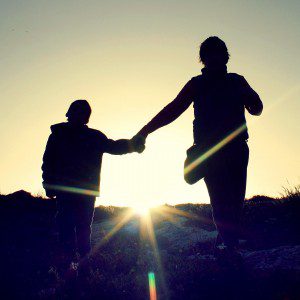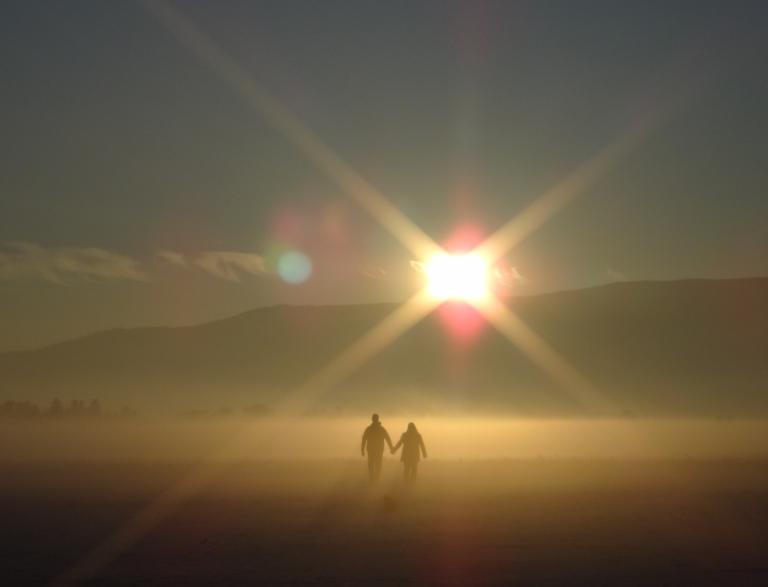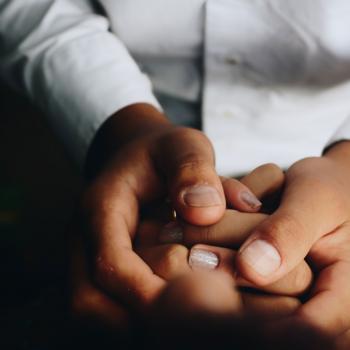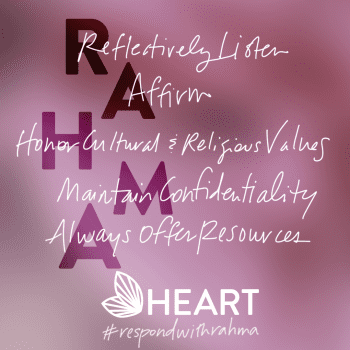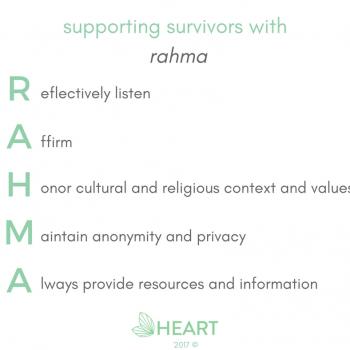*Trigger warning for sexual abuse
Five. I was sexually abused at an age where I didn’t even have enough life experience to properly process and identify what was going on. Not by a random stranger. Not by a family member. But by someone whom the community trusted: someone who taught children how to read and memorize Quran, God’s holy book. Someone who abused his power and religious authority to hurt children. As an imam and a sheikh, he had a wealth of Islamic knowledge and an entire community turned to him for spiritual guidance. A Muslim. A teacher. A role model.
**
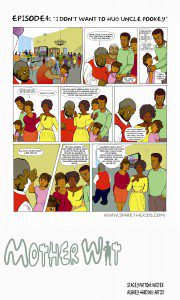
Twenty-eight. I’m a teacher, a journalist, a mother, and a wife. I had forgotten about the incident for twenty years, until I had a child myself. And then I remembered.
I have been teaching my almost three-year-old daughter the proper terms for private parts since she was two. I remind her that her body is hers and that nobody can force her to hug or kiss if she didn’t want to. Even if that meant offending a relative or going against cultural etiquette and expectations. “If you don’t want to hug someone, it’s okay,” I tell her. “You can say no. You are strong. Your body is yours. Never keep secrets from mom or dad. We trust you. We won’t get angry at you. We are here to keep you safe. We will always believe you.”
A well-intentioned relative or friend will repeatedly ask her “can I have a hug?” I smile, and say, politely, but firmly, “Aw, it’s okay, she’s not really in the mood.” That friend or relative will probably get offended. But that’s okay. I would rather have everyone get offended by my daughter not forcibly kissing or hugging someone than the horrifying experience I went through when I was five.
**
Five. It was at an Islamic school in New Jersey. I was in kindergarten. I had recently immigrated with my parents a couple of years back. We wore cute little white and grey uniforms with a white hijab. He sat at his desk in front of the class and recited Quran and we would all repeat. Then he would call a student, one-by-one, up to his desk. And it would happen right there, behind his desk, where the other students couldn’t see. He would continue reciting and have us repeat. But we knew what he was doing, yet nobody said anything to him or anyone else. We were just five.
**
Twenty-eight. I’ve been teaching preschool at an Islamic school. Sometimes I pause in the middle of a lesson when I call on a student to come up to write on the board, remembering what that was like when I was their age. I hope and pray none of my 23 students ever experience what I endured. I never ask my students for hugs, although other teachers often do. A high five will suffice. If a child does get too close to me, I take a step back. If a child wants to hug me, I let them, but no clinging. Just a quick hug and let go.
**
Five. I was always taught to tell my parents everything and not to lie. And so, when I told my parents what happened, they believed me. As should all parents when their child says they were abused. Yet, when my parents called another student’s parent, she denied it. My parents believed me and called the police.
I vividly remember police cars and shining, bright lights in the dark of the night. My parents drove to the Islamic School and he was arrested. They wanted me to see that and know that they took what I said seriously. Five-year-olds should not have to watch an Imam, a man of great respect in the community, being handcuffed and put away in the police car for abusing children. For abusing me. But I watched, confused, betrayed, and in disbelief. Why? This was a man who parents trusted him with their children. This was a man who the community looked up to for spiritual guidance and to uphold morality and goodness and our faith that we so treasured. This was a man who should have instilled the love of the Quran in children. Yet he used the most beautiful words – the words of God – as an accomplice to commit the most horrid of acts to those who did not yet have the agency to even understand it.
**
Twenty-eight. A couple of months ago we searched for a preschool for my daughter. Male teacher? Male coach? Male music teacher? Islamic school? Quran school? Why did it all make me feel uncomfortable? “One of the lead teachers will always be with the kids when they play soccer with the coach,” another teacher assured me.
I had already declined a top-notch school because the music teacher was a male. Trust no one, I thought. Should I just say no to preschool and enroll her in full-time elementary school in a couple of years?. Yet, I wondered how would I let my daughter interact and socialize without me being there. I just need to help prevent it. And that starts with me.
**
Five. My parents took my brother and me out of the Islamic school and enrolled us in a private school. We later moved out of New Jersey and attended both public schools and Islamic schools. They often brought Quran and Arabic teachers at home, and stayed with us during the lesson. My parents were also probably the only ones who wouldn’t let us sleep over at friends’ houses. In fact, they wouldn’t let us spend the night at the Mosque when they had Qiyam El Layl (Night prayers) for high school students Ramadan. I remember envying my friends who brought their sleeping bags and snacks to the Mosque during Ramadan and my dad would come pick me up at midnight. But now I understand why they did that. And it’s what I will do with my own kids.
**
Twenty-eight. A couple of years ago when I was in high school, Hajj season came during winter break. I had the honor of performing Hajj with my sister, mom, and older brother. I felt safe. Well, at least I thought I was safe. I was sexually harassed in front of the Kabah, while making tawaf.
Safe spaces. Holy places. Schools. Mosques. Mecca. Kabah. It doesn’t matter. No matter how safe and inviting these places might seem to be, one needs to be prepared and mindful of what’s happening around them. I’m writing this to remind everyone that sexual abuse is real in the Muslim community. I’m tired of making it a taboo topic and hiding it and pretending it will never happen. I’m tired of blaming the victim and shaming Muslim women. And I’m so tired of believing that imams or religious scholars are perfect and the community siding with imams who clearly sexually abused women yet people accuse the victim of being a liar because the imam is “well-respected in the community and old.” I am a Muslim woman and I was sexually abused at two places should be safe havens in our faith. I am writing this to tell you that Muslim women, regardless of what they’re wearing (hijab or no hijab), how old they are, where they from, how they look like, can be sexually abused, even in the holiest of places by the holiest of men.
I am so glad organizations like HEART recognize and speak about important topics like sexual abuse in Muslim communities. Read more about them and check out all of the resources they have available on how to prevent sexual abuse and how to heal. If you are a victim of sexual abuse, contact them.
Aya Khalil is a freelance journalist, educator and blogger. Contact her at www.ayakhalil.blogspot.com.
Originally published November 10, 2015

